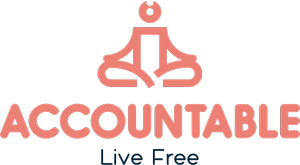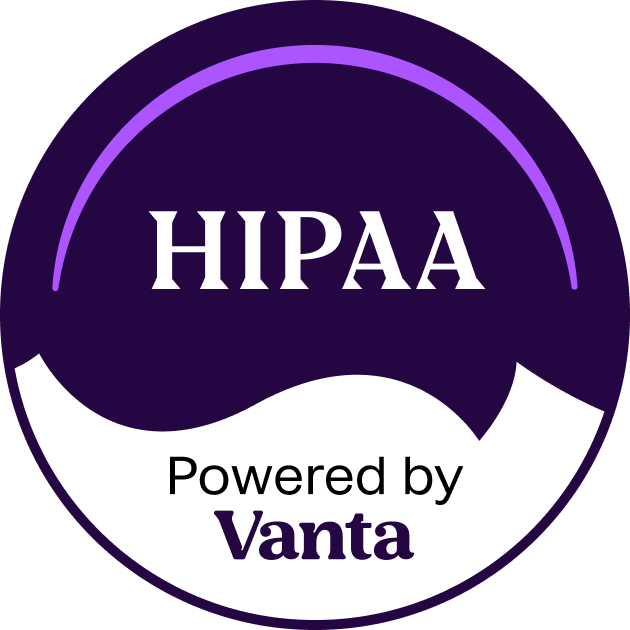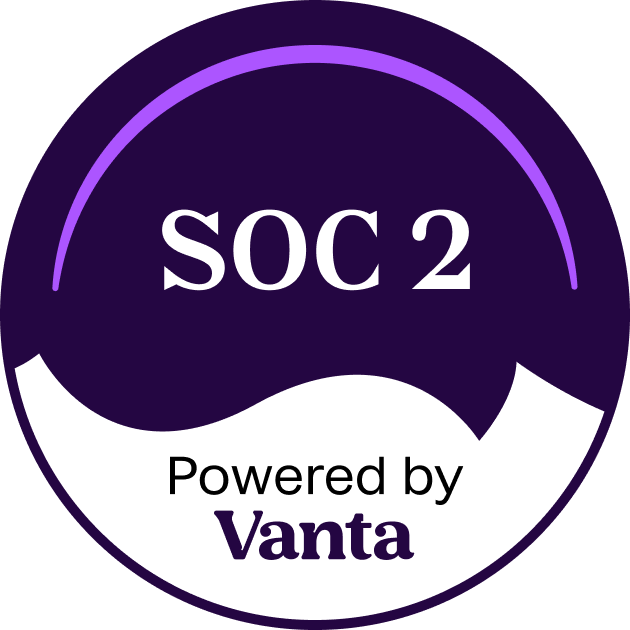Returning Home after Rehab - AJ's Experience
Returning Home after Rehab
No matter the situation, we are all different and come at experiences with different lenses and viewpoints. With that said, what I want to try and offer here is some basic principles regarding the return home from rehab or just the experience of leaving rehab and heading to the next landing spot.
I had two experiences of leaving treatment. The first was early on when I was granted a day pass in order to look at potential sober living options. We made a pit stop in my hometown for some of my favorite food items. Having had rehab food for the last 3 weeks, I was very excited at the prospect of having some of my favorite food groups. Now I had never really had a panic attack before but when we parked and got ready to exit the car, I felt like I had concrete on my feet and that someone was standing on my chest. I could not bring myself to get out of the car and I immediately knew that I had a couple of talking points for when I got back to rehab that day.
The second experience was when I left for good. I was headed to sober living, not back home. I was not excited about this prospect as the 35 days I spent in treatment felt like an eternity. I was ecstatic to be leaving treatment and I was also nervous, anxious and just scared about what the real world was going to offer me now that I was embarking on being sober. For me, if it was not for sober living, I don't know that I would have stayed sober. Coming back to the real world is HARD and my landing spot was literally dedicated to sobriety and therapy.
Everything was a trigger. For me, I had spent much of my life ignoring my emotions and feelings or subduing/amplifying them with the use of drugs and alcohol. Now, coming back to the world without those, and armed with a new set of tools, I was terrified to be honest. There were bars on every corner and all of my friends were still going out and enjoying themselves and frankly, I wanted to as well. The best way I can sum it up is that I felt sad and lonely returning from rehab; two emotions that oftentimes would come out sideways.
One thing that sober living helped me to do was to create a
rhythm
to my recovery.
What was I going to do during the day and the week to address my recovery and overall health (both mental and physical)? It was here that the groundwork was laid to create the foundation that the rest of my life would be built on. None of this was possible without IMMENSE support from clinical teams and my family and friends. The area of that support that was so crucial was their patience with me. Due to the fact that everything was a trigger and I was so raw, there were times when I wasn’t the most pleasant person to be around. Those support systems that I had were so patient. They knew that this was a process - not just for me but for them as well. Just like I had my recovery, they acknowledged that they had their own recovery too; recovery from navigating my active use. The other person that needed to be patient was me. Everytime I felt down, sad, angry, etc. my first internal thought was “I must not be doing enough” or, “I am doing something wrong.” Being patient with myself allowed me the space to understand just how hard all of this was. Just that acknowledgement was helpful.
Transparency is something that helped me immensely in my early recovery when I returned home from rehab.
When I was actively using and drinking, honesty was a foreign language. By being transparent, even when I didn't want to be, or felt like I needed privacy, it allowed my family and friends to understand what was going on for me and to heal the part of them that had their trust betrayed; it was the start of trust being built back up again as the transparency was breeding accountability. Transparency also led to communication for me. I had no idea how to talk about my feelings let alone my recovery. I was so nervous that if I said “hey I am having a really bad craving” that everyone would (very understandably) get very worried and go into hyper-vigilant mode, something I very much did not want to have happen. This is where a sober support network was vital for me. Having other people in recovery to speak to about what was happening allowed me to feel supported and safe. Additionally, I could then tell my family and friends “I had a really great convo with my sponsor or other sober friend and it was really helpful.” For me, this started to give them some recovery-based language.
As the person who came home from treatment, when I look back, the things that truly helped me the most were the patience shown to me by family and friends, patience with myself, the increased levels of transparency and communication between myself and my support systems and creating a new rhythm to my life; one that incorporated recovery and wellness.
These are also, by no mistake, the tenants to
You Are Accountable.
- We create a transparent, supportive environment for you and other stakeholders in your recovery through our web portal.
- We help you set realistic goals that you can show progress against and share with your family, and providers.
- We keep everyone feeling safe, and reduce the need to feel on guard all the time through our toxicology testing program.




hello@youareaccountable.com
(646) 450-7641

